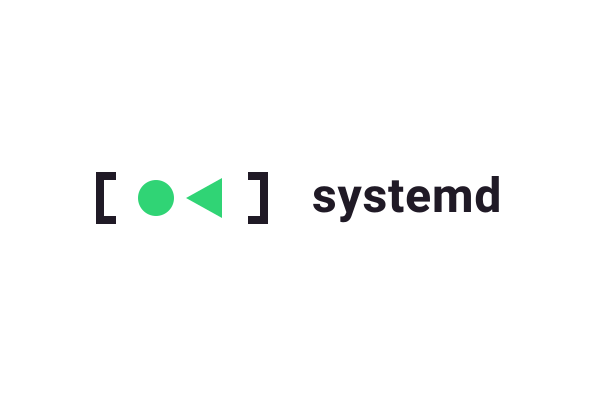Systemd 254 released and now has a new soft-reboot option:
* A new "soft-reboot" mechanism has been added to the service manager.
A "soft reboot" is similar to a regular reboot, except that it
affects userspace only: the service manager shuts down any running
services and other units, then optionally switches into a new root
file system (mounted to /run/nextroot/), and then passes control to a
systemd instance in the new file system which then starts the system
up again. The kernel is not rebooted and neither is the hardware,
firmware or boot loader. This provides a fast, lightweight mechanism
to quickly reset or update userspace, without the latency that a full
system reset involves. Moreover, open file descriptors may be passed
across the soft reboot into the new system where they will be passed
back to the originating services. This allows pinning resources
across the reboot, thus minimizing grey-out time further. This new
reboot mechanism is accessible via the new "systemctl soft-reboot"
command.>



Also:
When the system hibernates, information about the device and offset used is now written to a non-volatile EFI variable. On next boot the system will attempt to resume from the location indicated in this EFI variable. This should make hibernation a lot more robust, while requiring no manual configuration of the resume location.